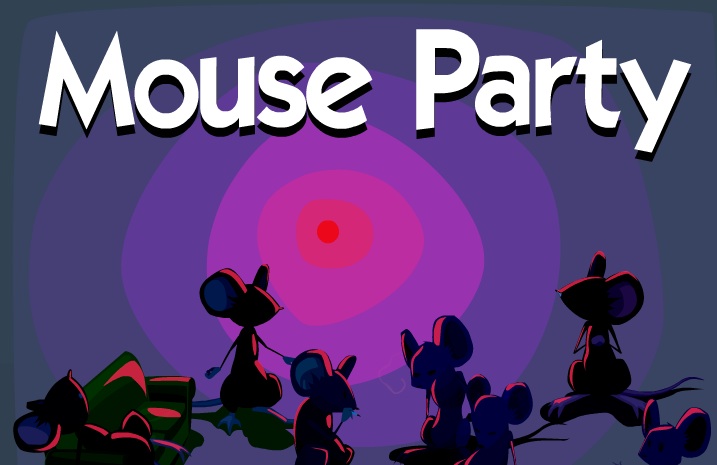The latest paper (press release here) in this area is by Martie Haselton and Greg Bryant at UCLA on how womens' voices become more high pitched and feminine during ovulation. The abstract:
Recent research has documented a variety of ovulatory cues in humans, and in many nonhuman species, the vocal channel provides cues of reproductive state. We collected two sets of vocal samples from 69 normally ovulating women: one set during the follicular (high-fertility) phase of the cycle and one set during the luteal (low-fertility) phase, with ovulation confirmed by luteinizing hormone tests. In these samples we measured fundamental frequency (pitch), formant dispersion, jitter, shimmer, harmonics-to-noise ratio and speech rate. When speaking a simple introductory sentence, women's pitch increased during high- as compared with low-fertility, and this difference was the greatest for women whose voices were recorded on the two highest fertility days within the fertile window (the 2 days just before ovulation). This pattern did not occur when the same women produced vowels. The high- versus low-fertility difference in pitch was associated with the approach of ovulation and not menstrual onset, thus representing, to our knowledge, the first research to show a specific cyclic fertility cue in the human voice. We interpret this finding as evidence of a fertility-related enhancement of femininity consistent with other research documenting attractiveness-related changes associated with ovulation.


